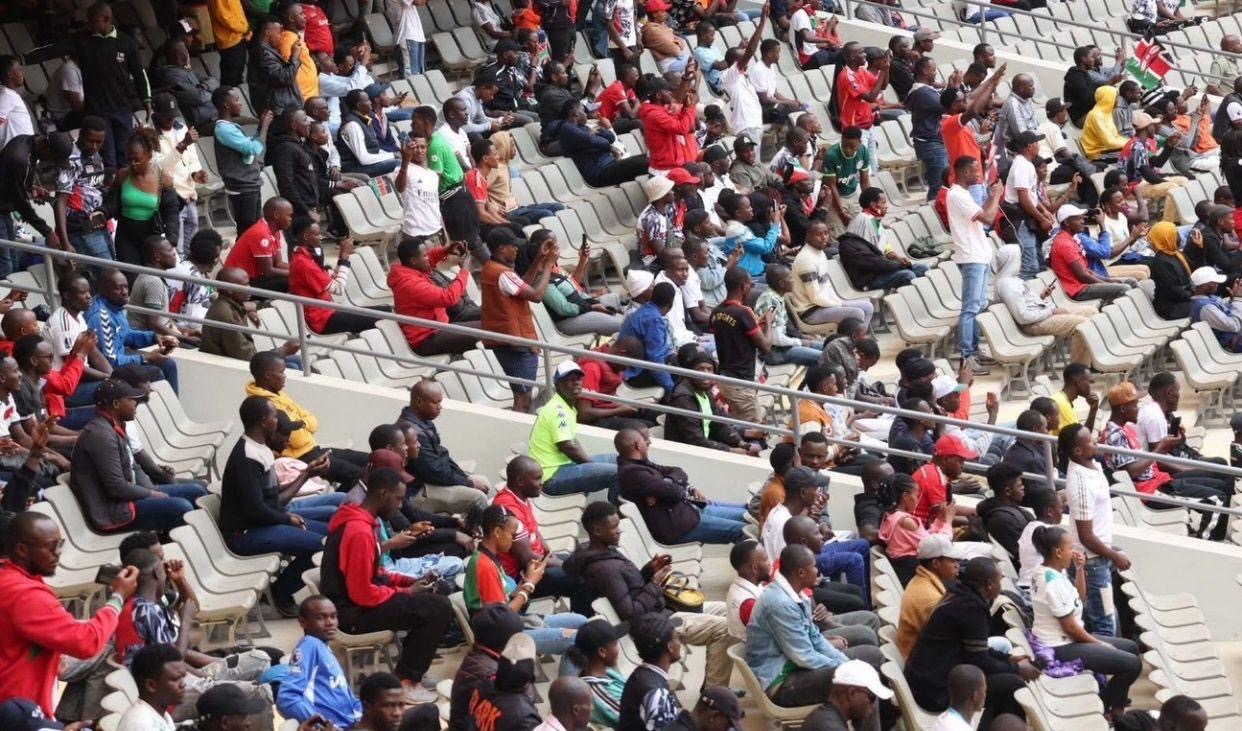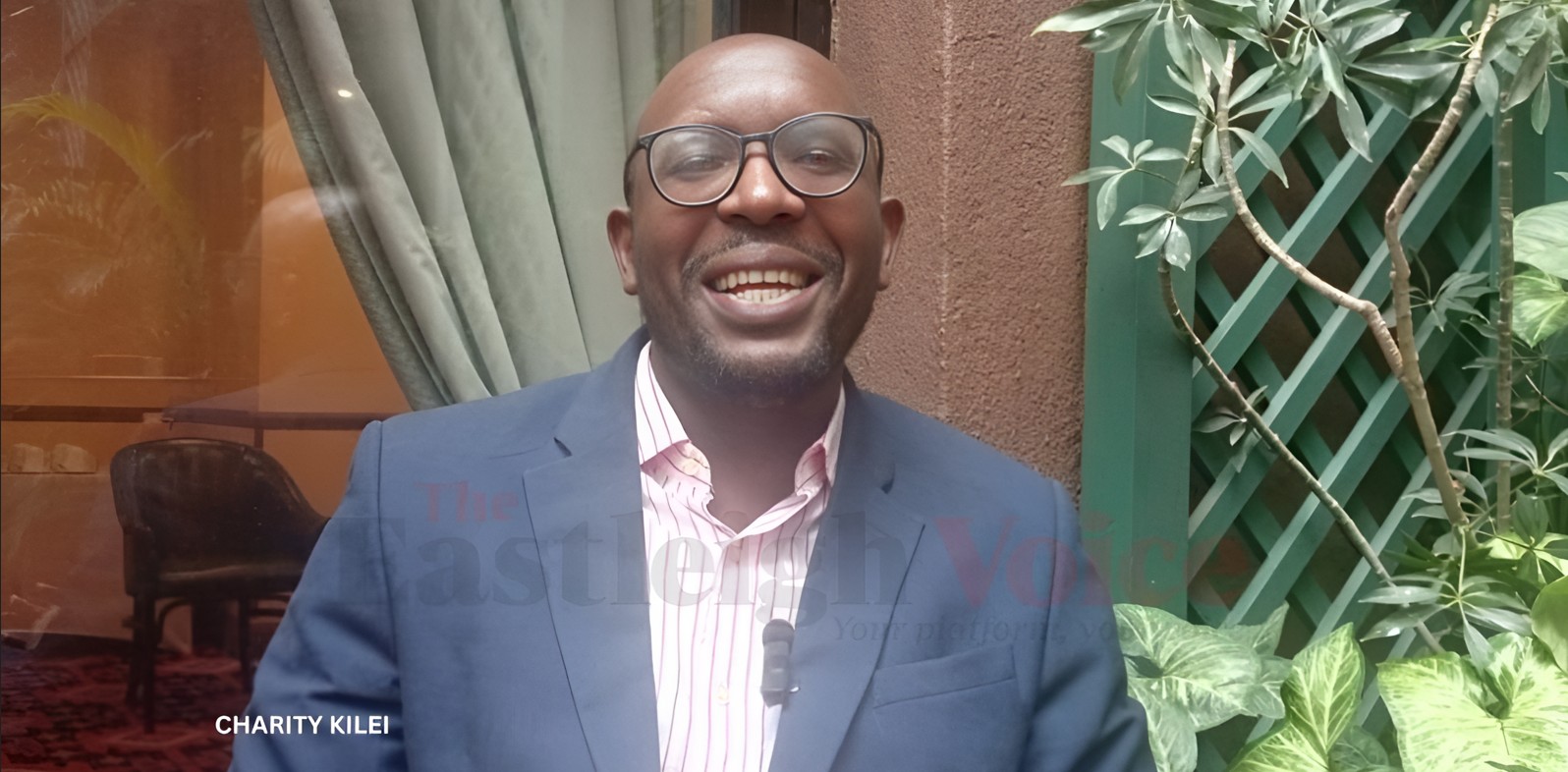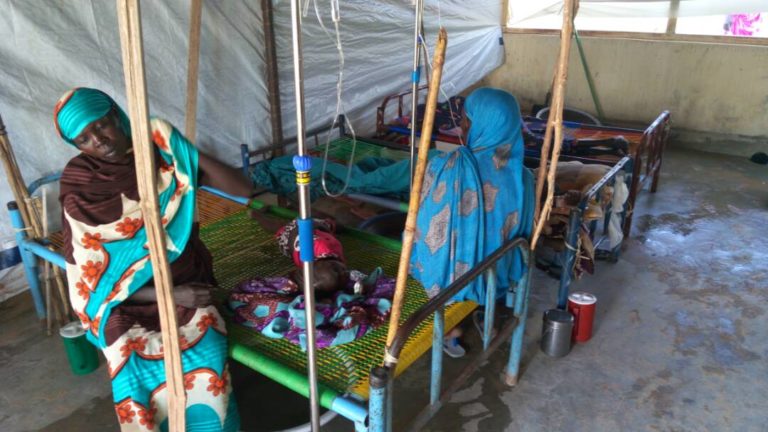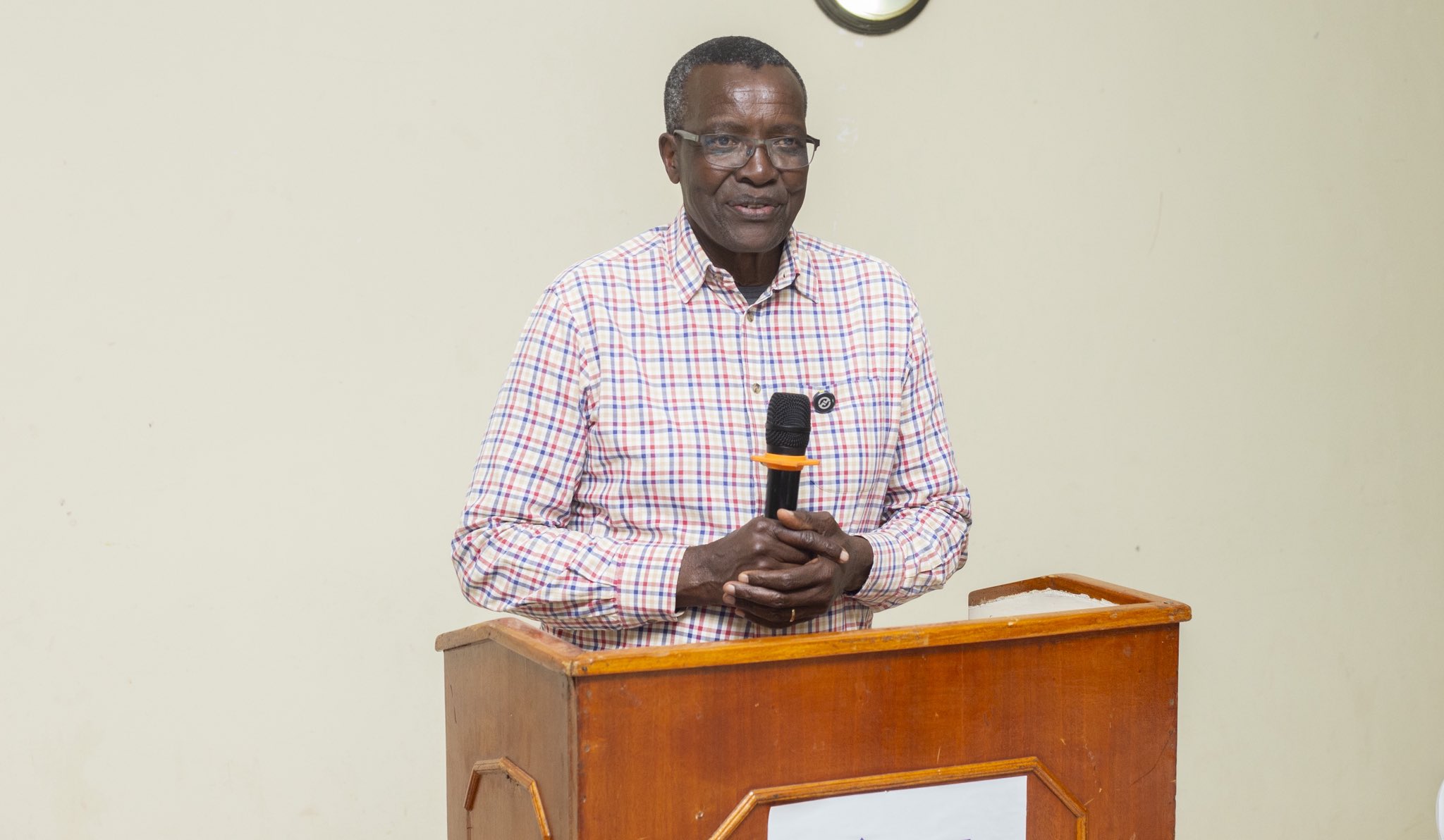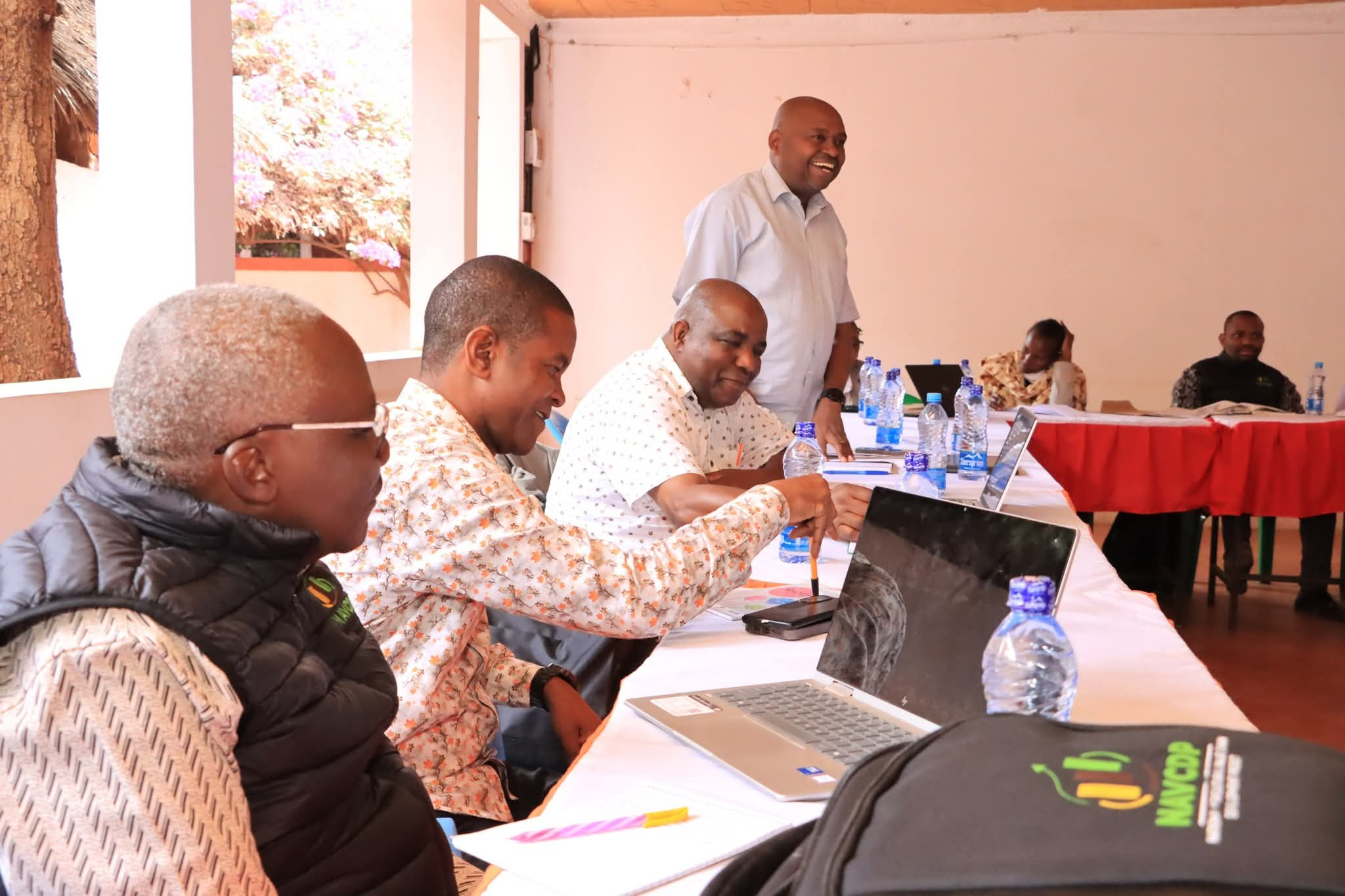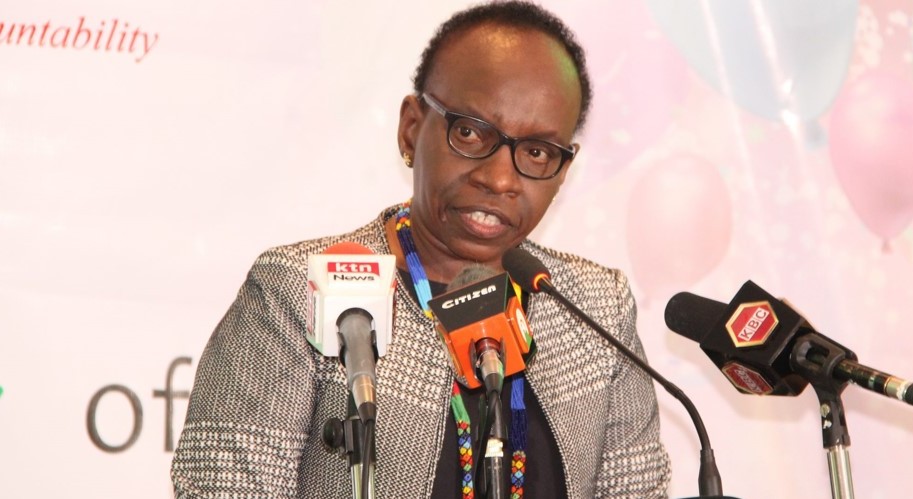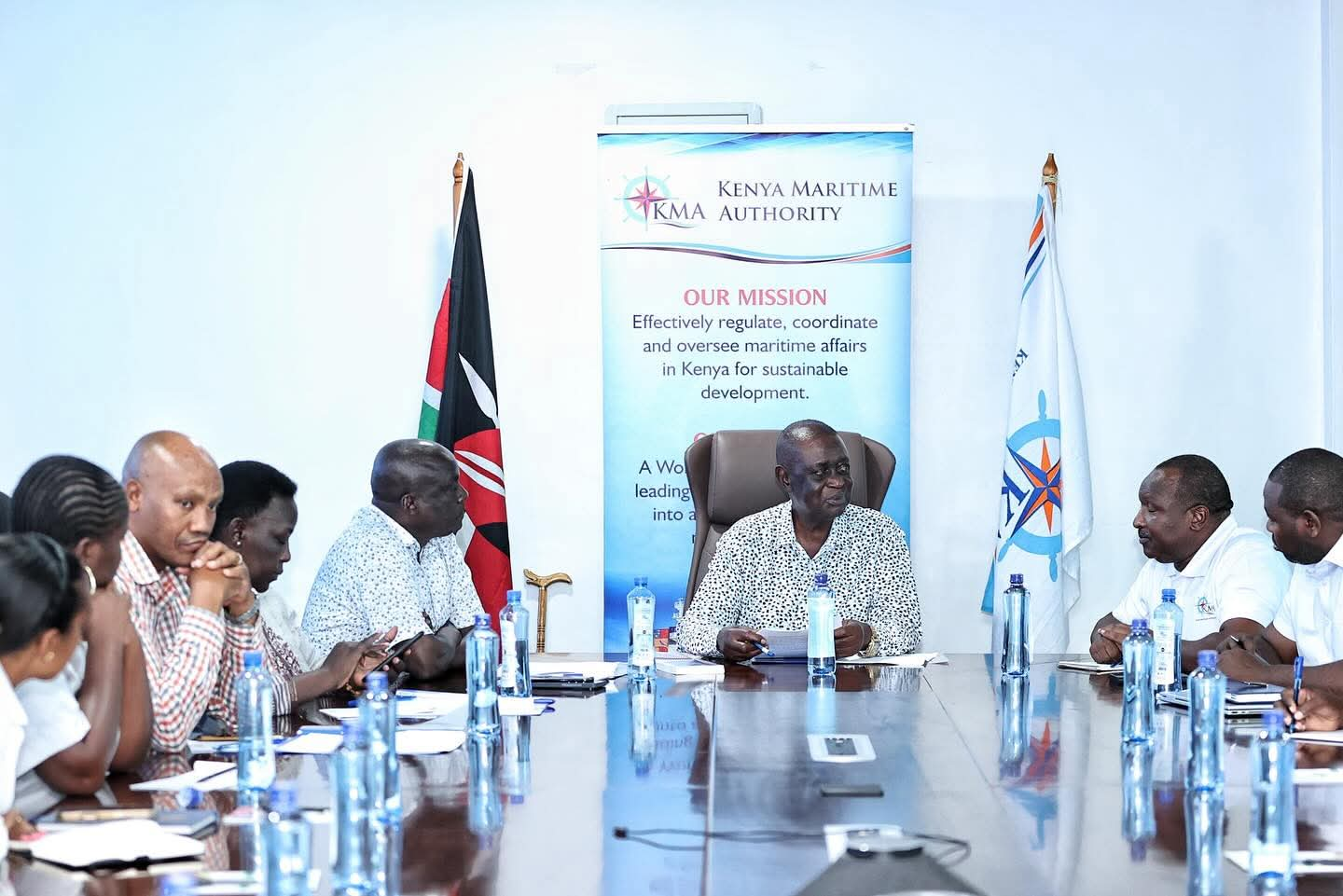New Bill proposes Sh50 million for health providers over neglect and unsafe facility conditions

If enacted, the Bill will require all health facilities to provide only the services they are licensed and qualified to offer. Those found operating beyond their approved mandate could face fines of up to Sh50 million, a jail term of up to 10 years, or both.
All health providers in Kenya—across national, county, private, and faith-based institutions—will be subject to tougher rules on facility standards and patient care under a new Bill that also seeks to establish a national healthcare oversight authority.
The Quality Healthcare and Patient Safety Bill, 2025, seeks to enforce uniform standards across public, private, and faith-based facilities, including sanitation, ventilation, lighting, food and water safety and anti-abuse policies.
More To Read
- Extreme weather affects mental health: What vulnerable women in Kenya told us
- Ruto makes key appointments to public health agencies
- Public hospital patients may have received untested drugs, Auditor-General reveals
- AI chatbots can boost public health in Africa - why language inclusion matters
- How misinformation is hampering Kenya's fight against infectious diseases
- Mombasa confirms two mpox deaths as infections surge in Nyali and Changamwe
If passed, the legislation will compel all health facilities to offer only services they are licensed and qualified to provide, with those found operating outside their mandate facing a fine of up to Sh50 million, a jail term not exceeding 10 years, or both.
The Bill introduces sweeping reforms to address growing public concerns over medical negligence, unsafe clinical procedures, and erratic service quality, which have persisted for years due to weak enforcement and fragmented oversight.
Independent regulator
It proposes the establishment of the Quality Healthcare and Patient Safety Authority, an independent regulator that will oversee registration, licensing, accreditation, and enforcement of healthcare standards across the country.
“This Bill is going to respond to the gaps in regulation in new areas such as ambulance services, medical aesthetic procedures, telemedicine and digital health platforms, as well as traditional and alternative medicine,” Public Health and Professional Standards Principal Secretary Mary Muthoni said.
The proposed law will require all health facilities to implement internal quality assurance systems, including clinical audits, peer reviews, service monitoring, patient feedback mechanisms, and annual quality and safety reports submitted to the Authority.
Facilities will also be expected to maintain proper waste management, equipment servicing, safe food storage, and a consistent water supply.
National performance indicators
The Authority will also develop national performance indicators and will have the power to conduct both scheduled and surprise inspections. It will be allowed to issue compliance certificates and warnings, suspend or revoke licences, and recommend prosecution where criminal liability is established.
The Bill emphasises accountability through an enhanced complaints process.
Patients, staff, or members of the public will be able to submit complaints verbally or in writing, with the Authority expected to investigate all valid cases and take action, including closure of non-compliant facilities.
“Never again will we have substandard health facilities or rogue healthcare providers. Whether private, public, or faith-based, the quality of healthcare will be uniform,” Muthoni said.
The draft law also introduces oversight of emergency medical services, requiring ambulance operators to adhere to safety, crew training, and service delivery standards.
Telemedicine providers and digital health platforms will be brought under formal regulation to ensure consistency in care, whether delivered in person or remotely.
The Bill is currently undergoing public participation, with stakeholders invited to submit feedback before it proceeds to the National Assembly for second reading, debate, and final consideration.
Top Stories Today

